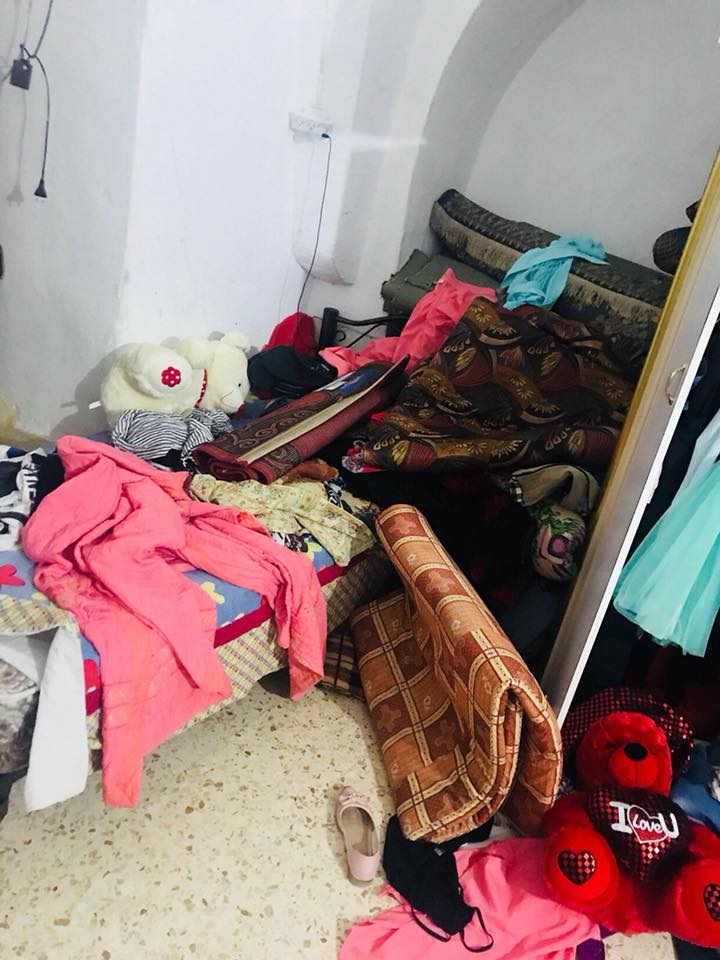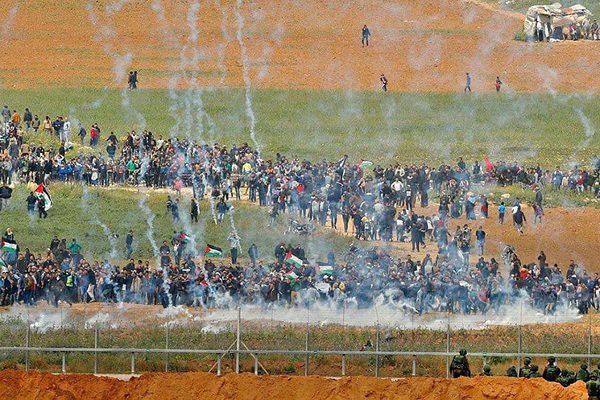Category: In the Media
-
ISM speaks to ‘Aref Jaber about the increase of raids by Israeli forces in his neighborhood
23rd June 2018 | International Solidarity Movement, Al-Khalil team | Hebron, occupied Palestine ‘Aref Jaber lives in the Jaber neighbourhood in the H2 area of occupied Hebron, under Israeli control. He is a local activist and works with Human Rights Defenders filming and publicising the violations of international law committed by Israeli forces in his…
-
Summer of Return 2018
This is a call for all those who believe in justice, equality and freedom to come to Palestine and support the Palestinian struggle for liberation. The International Solidarity Movement is looking for volunteers from now until the end of August to join the Summer of Return campaign. Volunteers will assist actions across Palestine that raise…
-
Call on Israel’s parliament to oppose the bill criminalizing the documentation of soldiers
Israel’s parliament is to consider a law banning the photographing or filming of soldiers. The proposed legislation is entitled the “Prohibition against photographing and documenting IDF Soldiers”. “Anyone who filmed, photographed, and/or recorded soldiers in the course of their duties, with the intention of undermining the spirit of IDF soldiers and residents of Israel, shall…



